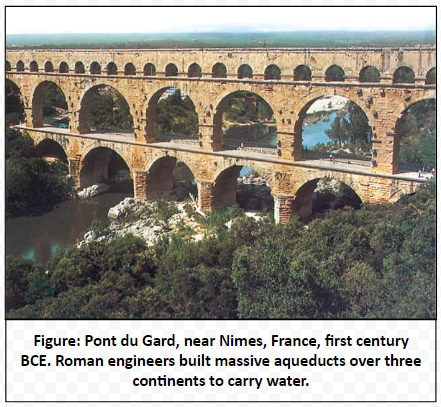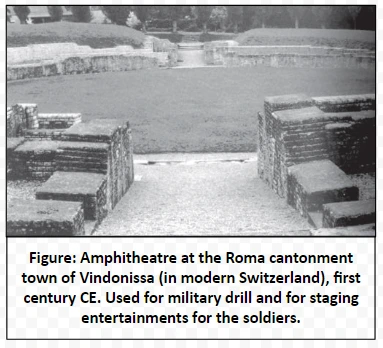![]() 20 Jun 2024
20 Jun 2024
| Republic
The Republic was the name for a regime in which the reality of power lay with the Senate, a body dominated by a small group of wealthy families who formed the ‘nobility’. In practice, the Republic represented the government of the nobility, exercised through the body called the Senate. The Republic lasted from 509 BC to 27 BC, when it was overthrown by Octavian, the adopted son and heir of Julius Caesar, who later changed his name to Augustus. Membership of the Senate was for life, and wealth and office-holding counted for more than birth. |
Territorial Organization and Taxation within the Political Framework:
| Doctor Galen on how Roman Cities Treated the Countryside
‘The famine prevalent for many successive years in many provinces has clearly displayed for men of any understanding the effect of malnutrition in generating illness. The city dwellers, as it was their custom to collect and store enough grain for the whole of the next year immediately after the harvest, carried off all the wheat, barley, beans and lentils, and left to the peasants various kinds of pulse – after taking quite a large proportion of these to the city. After consuming what was left in the course of the winter, the country people had to resort to unhealthy foods in the spring; they ate twigs and shoots of trees and bushes and bulbs and roots of inedible plants…’ – Galen, On Good and Bad Diet. |


| POINTS TO PONDER
We saw that women in the Roman Empire had relatively strong legal positions compared to contemporary standards. Discuss some of the rights and roles of women in the Roman Empire? How did these compare to the roles of women in the Iranian Empire? |
The dynamics of the Roman Empire were intricately shaped by its Political Framework, featuring a delicate balance among the emperor, the Senate, and the army. From cultural diversity to territorial governance and the challenges of the third-century crisis, the Political Framework played a pivotal role in defining the course of the empire’s history. The enduring interplay of these political institutions underscored the complexity and resilience of the Roman Empire throughout its evolution.
<div class="new-fform">
</div>